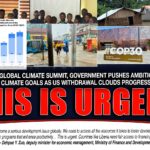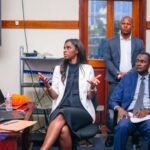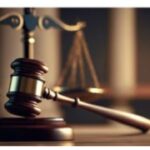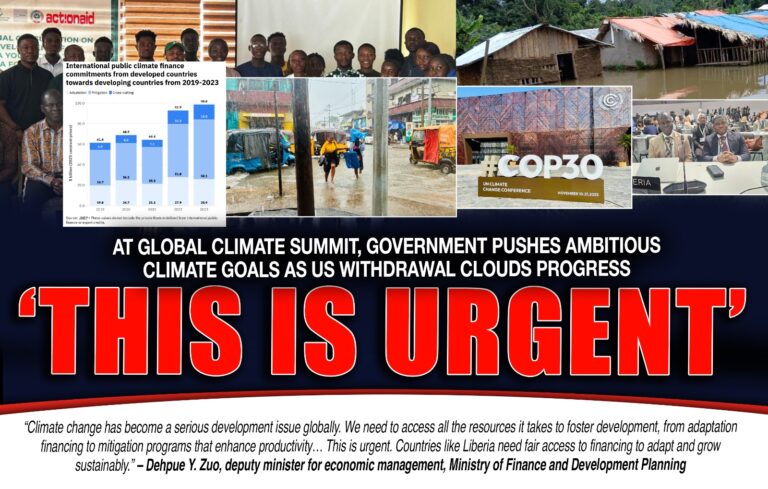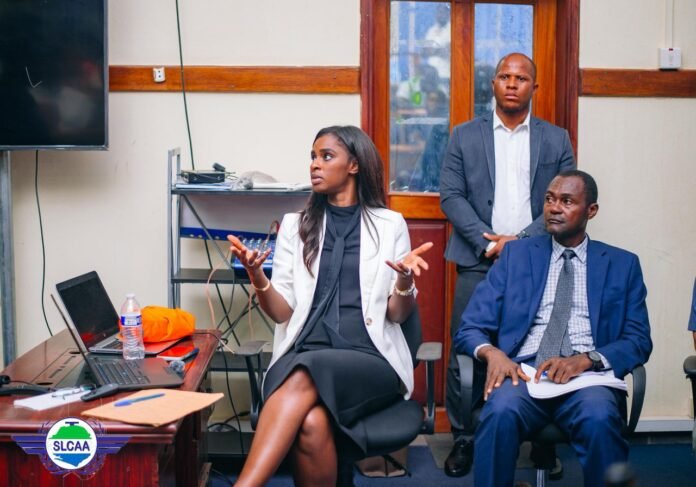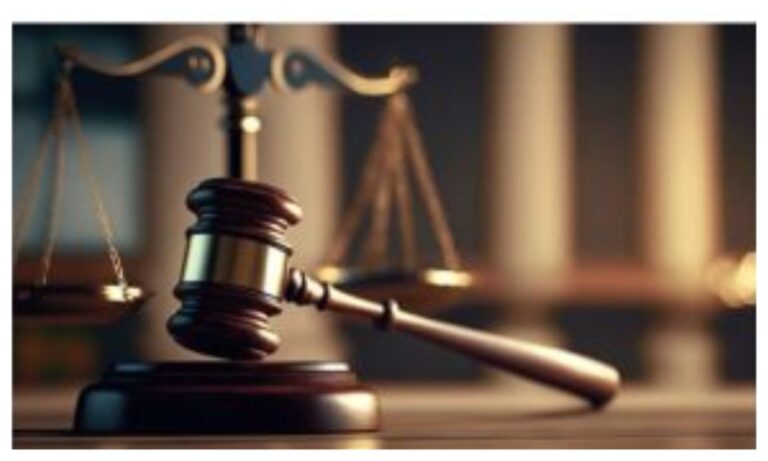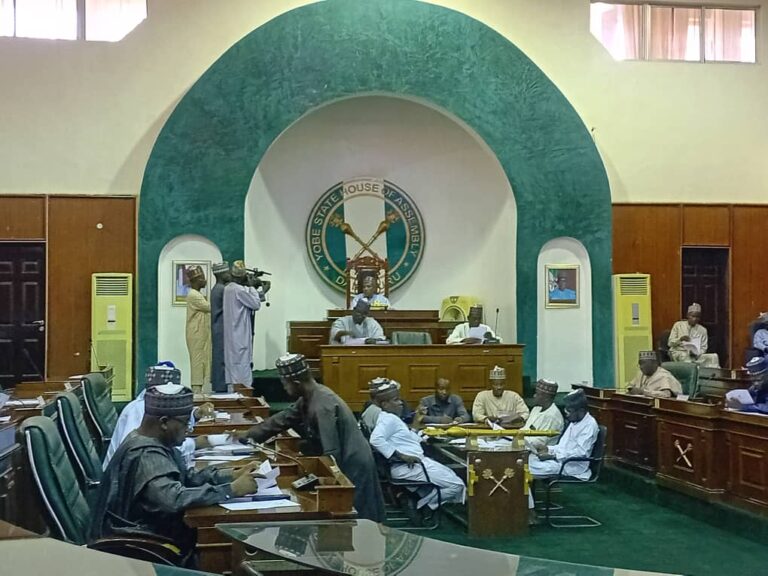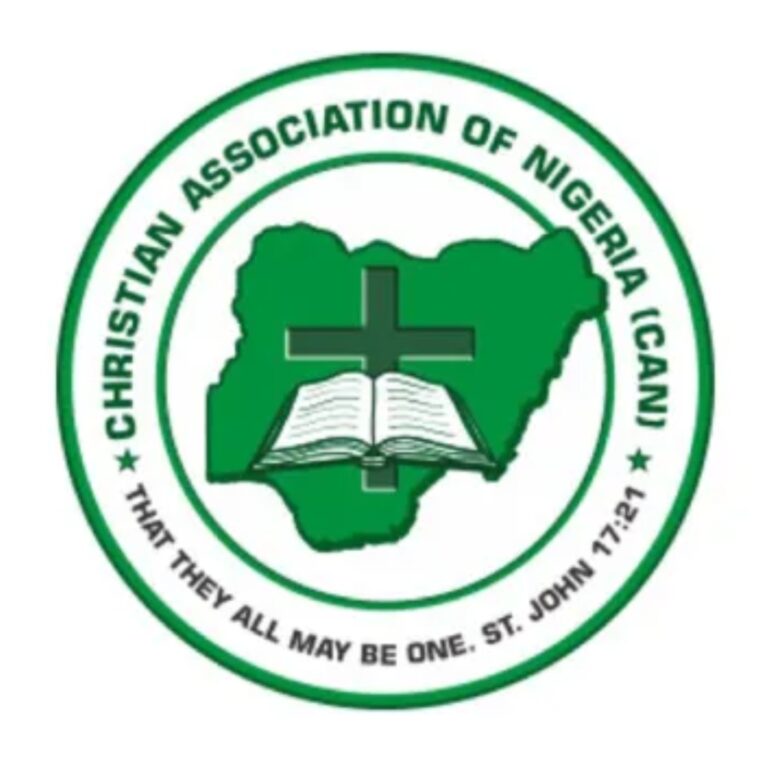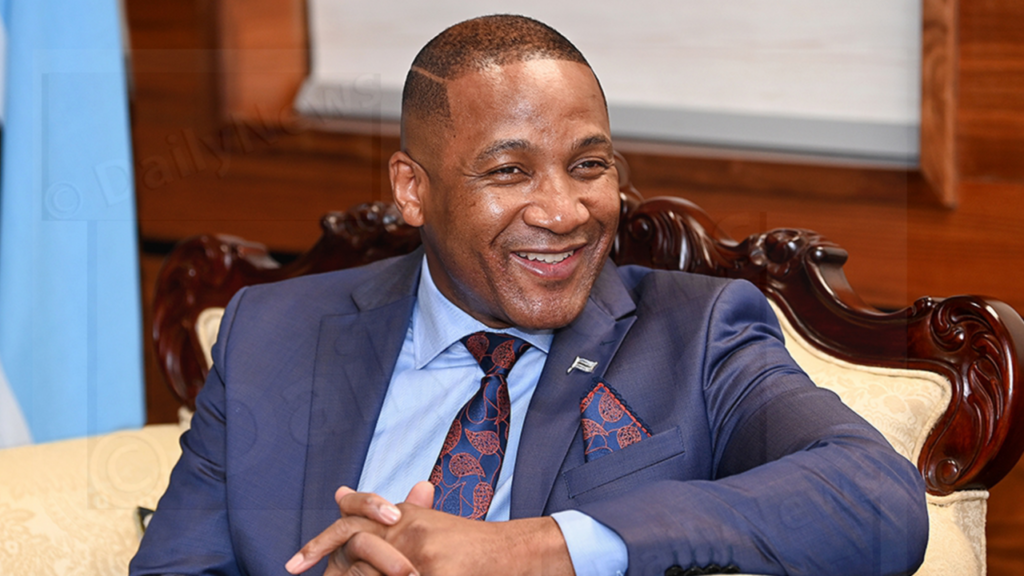
- Impending Cabinet reshuffle sparks fierce internal rivalries
- Ministers wage political battles, lodging complaints with DCEC
- Boko confronted by allegations of misconduct among his ranks
- Senior Gov’t officials also draw fire amid growing tensions
Insider reports emerging from within the highest levels of the Cabinet paint a picture of significant turmoil and instability. Executive members are reportedly entrenched in intense political infighting, engaging in bouts of mutual undermining and strategic maneuvering. This tense atmosphere appears driven by a shared urgency among ministers and senior officials to shield their positions from threat as speculation mounts about an imminent cabinet reshuffle. The stakes are high, and sources suggest the environment resembles a battlefield, where alliances are fragile and mistrust runs deep.
Well-informed sources close to the executive reveal that the Directorate on Corruption and Economic Crime (DCEC), a pivotal anti-corruption agency, is gearing up to investigate multiple cases that reportedly involve several cabinet ministers. These investigations are expected to unfold over the coming week and, according to insider whispers, are fueled by detailed complaints that originate from within the corridors of power itself. The fact that such accusations are bubbling up internally rather than from external watchdog groups suggests profound fissures within the government’s upper echelons, highlighting how divided and unsettled the Cabinet has become.
President Duma Boko is said to be facing an unprecedented deluge of allegations targeting not only his ministers but also senior government officials and some members of parliament. The volume and intensity of these whistle blower reports have noticeably increased, creating what one senior official with close ties to the Presidency described as an “onslaught” of troubling claims. “We haven’t encountered anything on this scale since last year,” the official said, hinting at the extraordinary nature of the current situation. They indicated that much of this surge is likely linked to the anticipated leadership restructuring, a political event that appears to have triggered a wave of disclosures. Despite the pressure, the official was quick to emphasize the President’s cautious stance, noting, “The President will not make decisions based on rumours or accusations—that kind of speculation carries little weight. Only thoroughly verified reports will influence any course of action.”
Among the complaints submitted, some reportedly implicate backbench parliamentarians who are ambitiously eyeing cabinet posts, suggesting that political aspirations are fueling some of the accusations. Others reach further back, concerning alleged misdeeds dating from previous administrations, adding a historical dimension to the current turmoil. Several of these cases have allegedly been handed over to the government’s forensic audit team, charged with meticulously examining financial records and other relevant data to establish the facts. This level of scrutiny underscores the seriousness with which the government is treating these allegations and the emphasis placed on uncovering the truth.
Compounding the crisis, ministers themselves have lodged formal accusations against senior civil servants, including Permanent Secretaries and some director generals. Sources from within the government suggest that certain ministers perceive these high-ranking bureaucrats as obstacles to their agendas and are actively campaigning behind the scenes to have them removed from their positions. This dynamic has intensified the growing distrust not only among political leaders but also between politicians and the civil service, creating a complex web of conflicts that further destabilize the Cabinet.
Despite the steadily escalating pressure and the proliferation of allegations, sources close to the Presidency maintain that President Boko remains unwavering in his approach. His commitment, they say, is to ensure that any decisions surrounding a possible cabinet reshuffle are grounded in verified evidence rather than factional politicking or personal vendettas. His second State of the Nation Address (SONA), scheduled for next week, is widely anticipated as a platform where he will focus predominantly on pressing economic issues facing the country. Yet political observers following the situation closely expect that the undercurrent of tension and discord within the Cabinet will inevitably shape private discussions and strategic maneuvering behind closed doors, casting long shadows over the public messaging.
Post Views: 872

